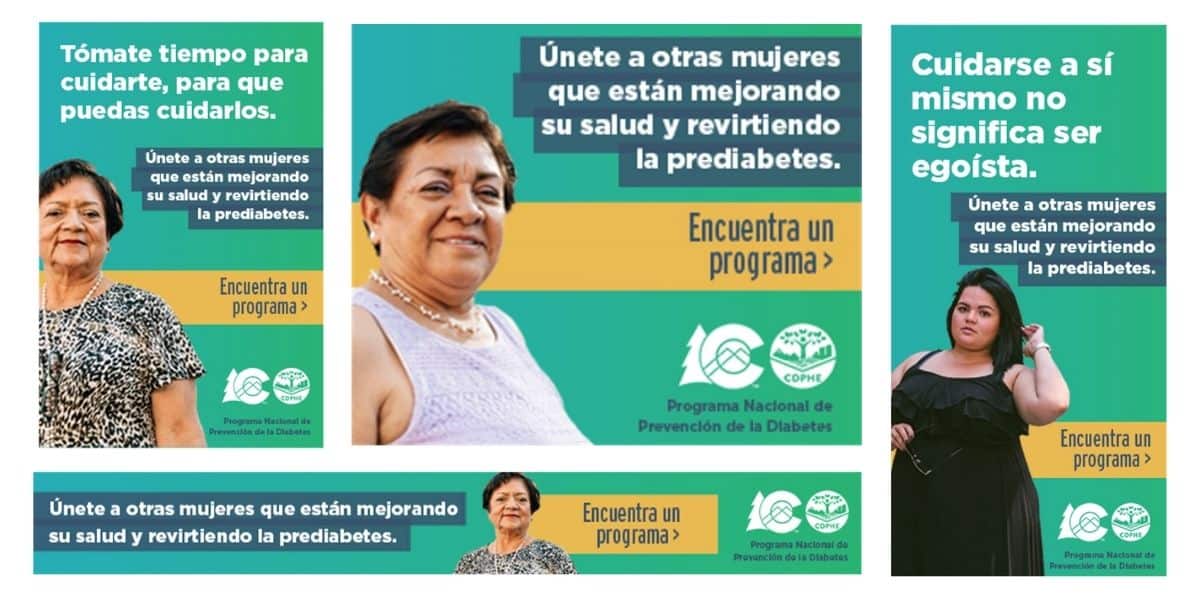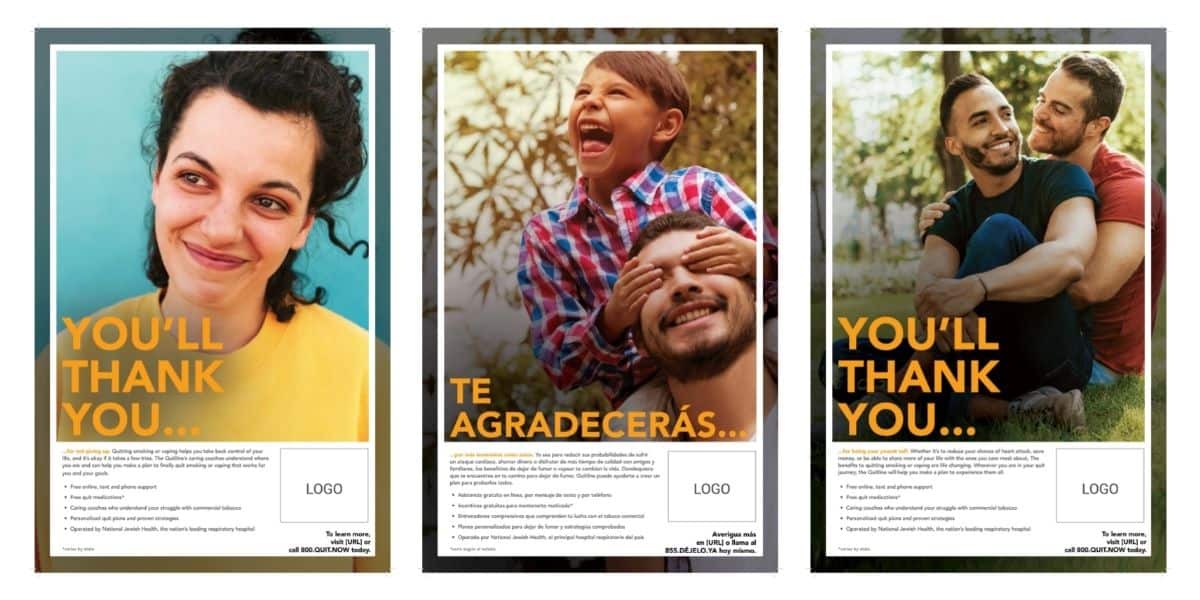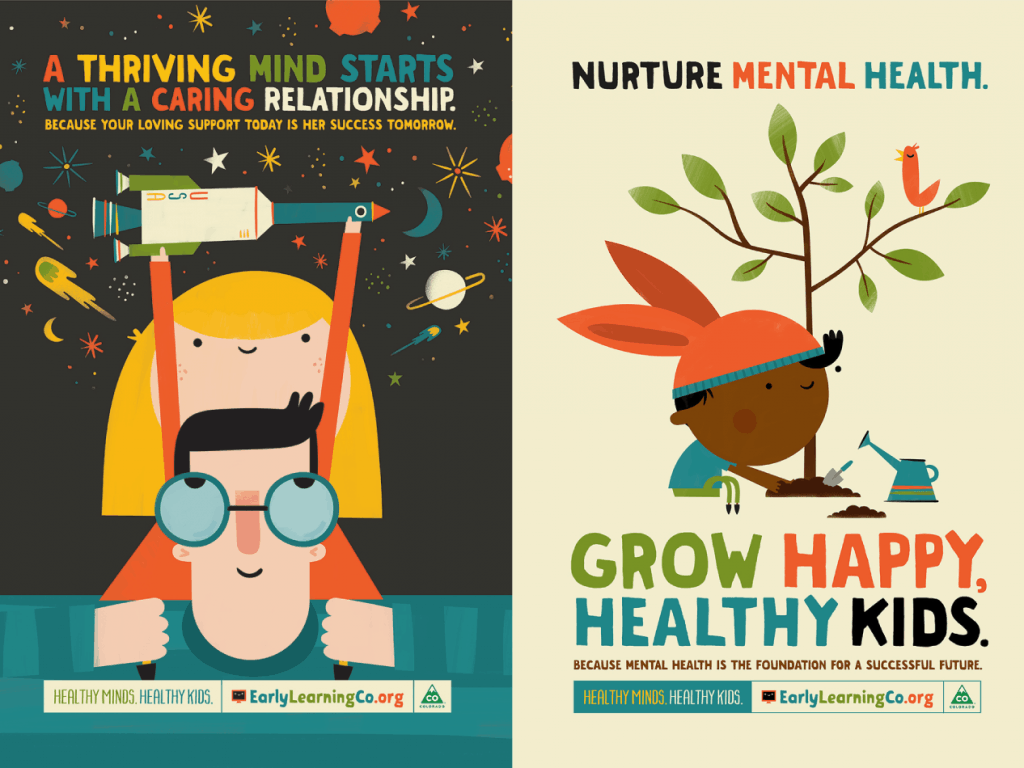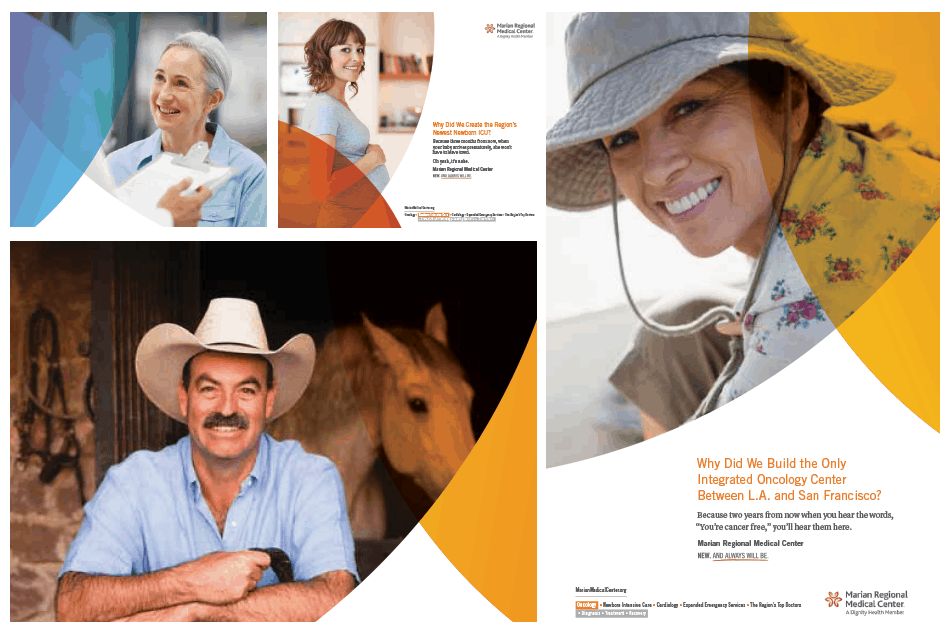Who do you listen to for information about social issues? Your doctor? Your favorite celebrities? Your pastor? Your mom?
According to a recent Ad Council study, most people trust close family and friends, doctors and scientists, and academic and religious leaders to find reliable information about social and societal issues. These trusted messengers are the ones who are most likely to ignite action and behavior change on social issues.
It’s important to remember that the messenger is just as important as the message we’re trying to share with the public. As a Black woman, I look for messengers who are highly knowledgeable on the issue being addressed and understand how specific issues affect the Black community.
People actively seeking out the opinion of trusted messengers are more likely to be inspired to learn more or act on a specific issue. Many people change their stance on an issue when presented with information from the people they trust.
This research also shows that social media influencers, celebrities and politicians are not highly trusted as messengers. Yet, they have a broad reach and can amplify messages from experts. These amplifiers are an integral part of a larger ecosystem consisting of layers of messengers who work together to expand reach, validate, and create trust. It’s useful for communicators to understand the roles someone might play in sharing a message:
- Amplifiers — content creators, influencers, celebrities, well-known advocates — can efficiently distribute messages from experts to target audiences and support greater awareness around an issue.
- Validators — the subject matter experts — can add credibility to the shared content.
- Persuaders — friends, family and others in close circles — are the messengers who are critical in sharing messages within their communities on a personal level. This group of messengers has a unique ability to connect with loved ones on a level that amplifiers and validators cannot reach. This group can ignite behavior change through conversations with their loved ones.
As communicators, how can we work with trusted messengers to build knowledge, shift attitudes and encourage behavior change? Here are five key things to remember:
- Find messengers who are deemed trustworthy.
- Think about audience demographics and preferences when identifying trusted messengers.
- Provide tools for trusted messengers to help them become educated on the issue.
- Equip trusted messengers with tools to understand the audiences they are trying to reach.
- Broad reach (think celebrities, social media influencers) does not equal trustworthiness.
Read the full report here.
For me, a Black millennial woman living in Colorado, I understand the importance of working with trusted messengers, especially when organizations are trying to reach specific populations. A trusted messenger that would work for the Black community may not be effective for other communities (e.g., LGBTQ+, rural, Indigenous). This also rings true across generations, so it’s important for us to remember that the person delivering a message is just as important as the message itself.

About the Author:
Cat Lyons (she/her) began her career in the non-profit sector, supporting positive behavior change across many issue areas. She has served as the main point of contact for a variety of SE2’s large publicly funded projects including the Colorado Department of Public Health and Environment, Behavioral Health Administration, and Jefferson County Public Schools. She has an MBA in marketing from the University of Colorado/Colorado Springs and a bachelor’s degree in marketing from Colorado State University. She lives in North Commerce City, Colorado with her husband, Danny, their two cats and one dog.





